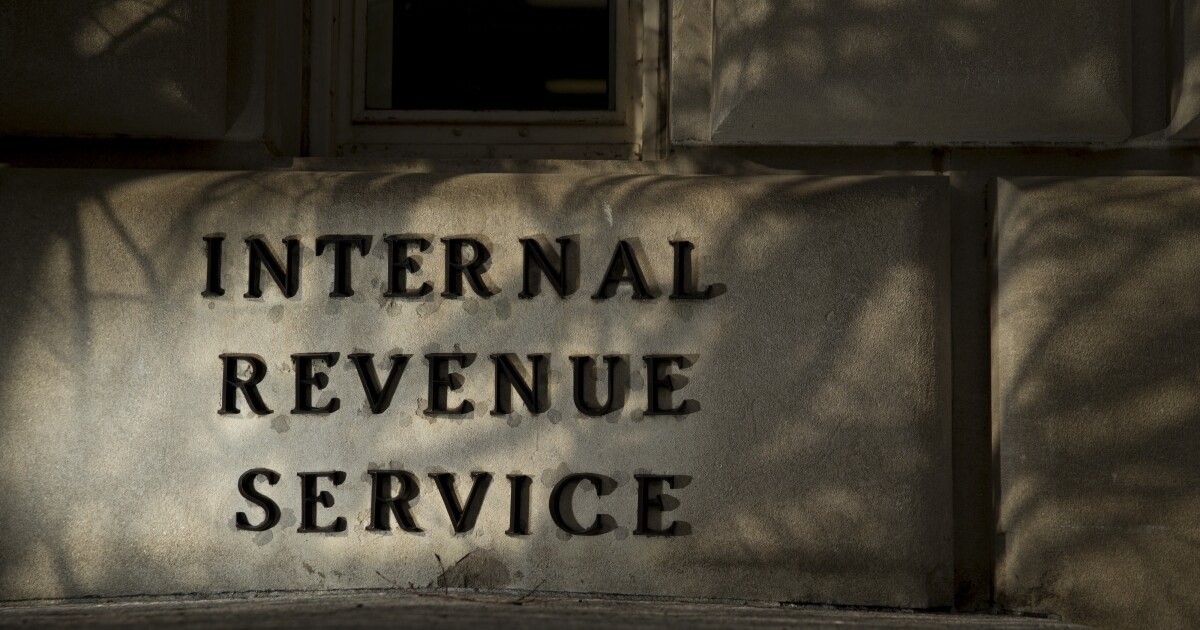Over the past few years, the Internal Revenue Service has renewed attention on so-called “promoters” of tax avoidance transactions.
According to the IRS, promoters are entities that “undermine voluntary compliance by marketing improper methods to reduce the amount of taxes legally owed.” The penalties on conduct associated with such promotion can be financially ruinous. This article provides an overview of the most commonly asserted promoter penalties and offers high-level strategies for handling a promoter audit.
The IRS established the Office of Promoter Investigations in 2021. The purpose of the OPI, to put it bluntly, is earlier intervention into the market for tax avoidance transactions. OPI was designed to identify marketed tax avoidance activity in real time, or as close to it as possible, and to use all available legal tools to quickly disincentivize promotional activity that the IRS finds inappropriate. The IRS is pouring resources into “promoter” investigations and we expect significant and increasing activity in that space for the foreseeable future. (We use the term “promoter” because that is IRS terminology.)
A complete discussion of all the possible promoter penalties, and the intricacies of each, is beyond the scope of this article, but the penalties most commonly at issue are Section 6700, 6701 and 6694.
Section 6700 imposes a penalty on any person who:
- Organizes (or assists in the organization of) a partnership or other entity, or any plan or arrangement, or participates (directly or indirectly) in the sale of any interest in such an entity or plan or arrangement; and,
- Makes a statement regarding the allowability of any tax benefit by reason of participating in the entity, plan or arrangement which the person knows or has reason to know is false or fraudulent as to any material matter, or a gross valuation overstatement as to any material matter. The penalty is the lesser of $1,000 or 100% of gross income from the activity for gross valuation overstatements; and 50 percent of the gross income derived, or to be derived, from the activity if it is based on a false statement.
Section 6701 provides that any person “who aids or assists in, procures or advises with respect to, the preparation or presentation of any potion of a return … claim or other document, who knows (or has reason to believe)” that such portion “will be used in connection with any material matter arising under the internal revenue laws, and who knows that such portion (if so used) would result in an understatement” of another person’s tax liability, is subject to a penalty of $1,000 per individual customer ($10,000 per corporate customer).
Section 6694 penalizes any person who “prepares any return or claim of refund” that results in an “understatement of liability” (including an “overstatement of the net amount creditable or refundable”) due to an unreasonable position and who “knew (or reasonably should have known) of the [unreasonable] position”. The penalty is the greater of $1,000 or 50% of the income derived (or to be derived) by the tax return preparer with respect to the return or claim.
Injunctions and disgorgement also exist. While an injunction is not technically a penalty, the Department of Justice has recently sought disgorgement of all “ill gotten gains” as part of several injunction proceedings. Disgorgement is a legal remedy that necessitates a party who has profited from illegal or wrongful actions to surrender any gains acquired because of such illicit or wrongful behavior, and such disgorgement can be thought of as a penalty.
Strategies for handling a promoter audit
With the IRS continuing to launch these promoter audits, it is important that anyone subject to such an audit consider a few strategic issues.
Cabin scope: The IRS typically investigates promoters broadly. Agents will typically ask for all documents that might be related, i.e., emails, client documents, client lists and revenue information. These investigations can be cumbersome and distracting from the business of the person or entity being investigated. In responding to a promoter investigation, you want to be responsive and cooperative while also juggling the invasive and costly nature of the investigation. Cabining the scope, or limiting or restricting the extent of the investigation, if possible, is one way to achieve those goals.
Keep it civil: Promoter investigations can be conducted in parallel to, or lead to, criminal investigations. Demonstrating a lack of scienter or evasive conduct during the investigation can help minimize potential criminal exposure.
Prepare penalty defenses: Most of the promoter penalties hinge on the promoter’s requisite mental state to determine if the conduct is “penalizable.” Documenting penalty defenses during the investigation has multiple benefits. First, actions are fresh in memory, including steps taken, relied-upon authority, advisors consulted, etc. Second, documents can become unavailable over time, discussed further below. Third, if the IRS ultimately pursues penalties or an injunction, your penalty defenses will be crucial, including legal or tax advice and evidence of compliance efforts.
Gather records: With the passage of time, records get lost or destroyed, whether through unexpected events or just plain old document retention policies. Unfortunately, in some instances, the failure to produce a document that would support your position can be construed against you in court. To avoid detrimental inferences, gather the records while you can so you can utilize them in response to IRS inquiries or in a later court proceeding.
Fast resolution, or prepare for court: Promoter audits usually take a long time, in part because of the issues but likely also because multiple appellate courts have held that there is no statute of limitations for the Section 6700 and 6701 penalties. This means the IRS does not worry about a deadline. While lengthy audits might favor the alleged promoter in some cases, seeking a quick and acceptable resolution can mitigate risk. Of course, that is not always possible, and in some cases the IRS and DOJ will be unrelenting in their pursuit of penalties. Unfortunately, the best strategy in such cases usually calls for intense litigation which, while expensive, can be productive.
Informing clients: Persons undergoing promoter audits must decide whether to inform their clients. In our experience, many such persons want to keep that information confidential, but that can be difficult as the IRS typically interviews third parties when investigating alleged promoters and may attempt to use information obtained in a promoter audit in taxpayer audits. Some promoters do not want their clients to hear about the investigation first from the IRS but would rather be transparent about the investigation and IRS scrutiny. Finally, promoters are free to inform their clients about the IRS investigation — and some may have contractual obligations to do so — but all should expect that any communications about the investigation will be evaluated by the IRS and/or reappear in any later court proceeding.
As the IRS intensifies its focus on promoters of tax avoidance transactions and subsequent investigations or audits, the penalties associated with such activities can be financially devastating. Given the intrusive nature of these investigations, entities must contemplate a strategic approach or engage counsel to assist them in their strategic approach if audited. Moreover, transparency with clients regarding ongoing IRS scrutiny is a strategic decision that warrants careful consideration amid these challenging circumstances.
Credit: Source link











